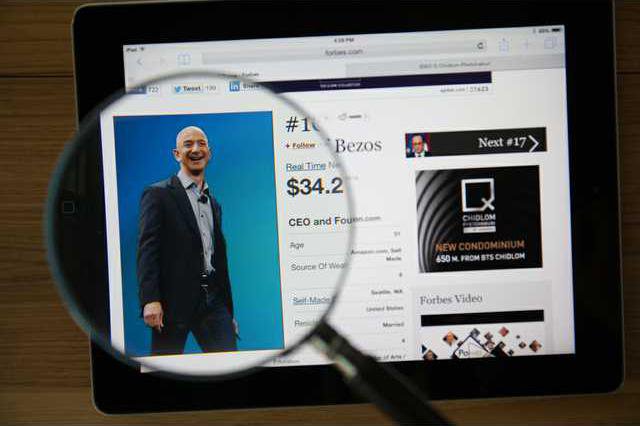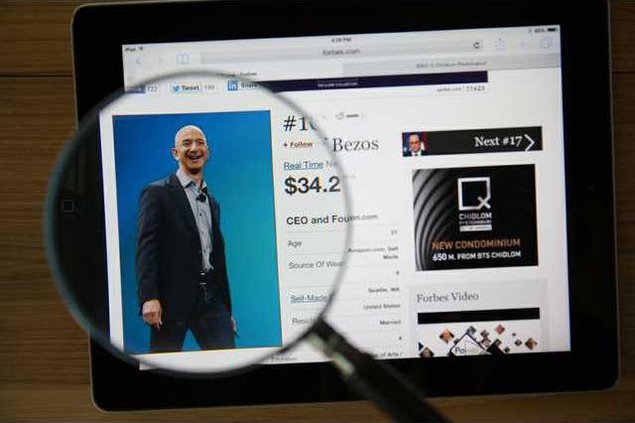Jeff Bezos rocket company plans to charge customers between $200,000 and $300,000 for a ride into space beginning next year, according to a new report from Reuters.
Many have wondered over the last few years how much a ticket on Blue Origins New Shepard space vehicle will cost.
Executives at the company, which was started by Bezos in 2000, said the company planned to launch test flights beginning next year, Reuters reported.
An employee at Blue Origin told Reuters the ticket prices will begin between $200,000 and $300,000. A separate employee said prices would begin at $200,000, according to Reuters.
However, executives said they havent set a price yet, according to CNET.
"We have not set ticket pricing and have had no serious discussions inside of Blue on the topic. We will begin selling tickets sometime after our first human flights and are focused on developing New Shepard," the company said in a statement, CNET reported.
"We will fly passengers when we are ready. We have a flight test schedule and schedules of those types always have uncertainties and contingencies. Anyone predicting dates is guessing," according to the statement.
The vehicle design includes six windows that are three times taller than windows on a normal Boeing 747 jetliner. The vehicle will also include six reclining chairs, which will help fliers have a new look at the Earth, The Verge reported.
So far, Blue Origin has completed eight test flights from its takeoff point in Texas. None of those tests have included passengers.
Similarly, Virgin Galactic hopes to launch its own space tourism vehicle with $250,000 tickets, according to Space.com.
Many have wondered over the last few years how much a ticket on Blue Origins New Shepard space vehicle will cost.
Executives at the company, which was started by Bezos in 2000, said the company planned to launch test flights beginning next year, Reuters reported.
An employee at Blue Origin told Reuters the ticket prices will begin between $200,000 and $300,000. A separate employee said prices would begin at $200,000, according to Reuters.
However, executives said they havent set a price yet, according to CNET.
"We have not set ticket pricing and have had no serious discussions inside of Blue on the topic. We will begin selling tickets sometime after our first human flights and are focused on developing New Shepard," the company said in a statement, CNET reported.
"We will fly passengers when we are ready. We have a flight test schedule and schedules of those types always have uncertainties and contingencies. Anyone predicting dates is guessing," according to the statement.
The vehicle design includes six windows that are three times taller than windows on a normal Boeing 747 jetliner. The vehicle will also include six reclining chairs, which will help fliers have a new look at the Earth, The Verge reported.
So far, Blue Origin has completed eight test flights from its takeoff point in Texas. None of those tests have included passengers.
Similarly, Virgin Galactic hopes to launch its own space tourism vehicle with $250,000 tickets, according to Space.com.








